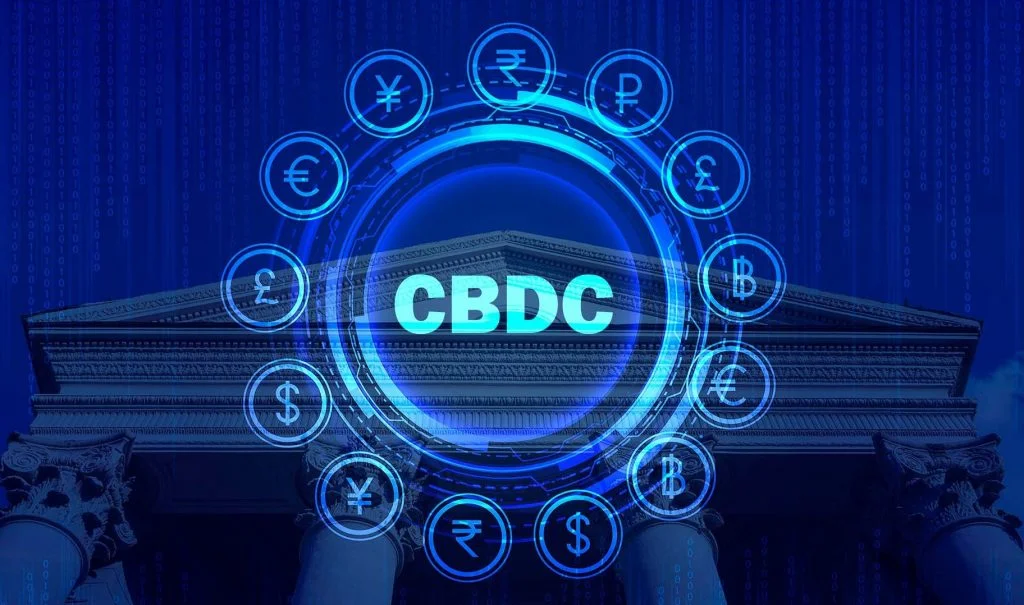Randal Quarles said although considering how stablecoins and CBDC’s are constructed, they could not disturb the US dollar.

The Federal Reserve Board of Governors’ vice chair for supervision, Randal Quarles, believes that neither dollar-pegged stablecoins nor digital currencies issued by other central banks are likely to be substantial sources of worry for the US currency.
Quarles said foreign currencies, whether fiat or digital, would be unlikely to challenge the dollar’s role in the global economy in a prepared statement for the Annual Utah Bankers Association Convention on Monday.
He highlighted the US economy’s size, trade links with other countries, and “reliable US monetary policy” as reasons for believing that even a central bank digital currency, or CBDC, created abroad would pose little risk.
“It’s inevitable that, as the global economy and financial system continue to evolve, some foreign currencies (including some foreign CBDCs) will be used more in international transactions than they currently are,” said Quarles. “It seems unlikely, however, that the dollar’s status as a global reserve currency, or the dollar’s role as the dominant currency in international financial transactions, will be threatened by a foreign CBDC.”
Quarles’ comments on stablecoins tethered to the US dollar lacked urgency, as well.
Although there is a “legitimate and substantial regulatory interest in how stablecoins are designed and administered,” a U.S. dollar stablecoin might support its fiat counterpart by making cross-border transfers faster and cheaper, according to the Fed vice chair.
Concerns with stablecoins, such as holders exchanging a large number of coins at once, are “eminently addressable,” according to Quarles.
Even Bitcoin (BTC), which he described as “a risky and speculative investment rather than a revolutionary form of payment,” is unlikely to have an impact on the dollar’s position because the crypto asset has yet to gain widespread acceptance.
Rather than advocating for a CBDC issued by the Federal Reserve, Quarles suggested that a government-issued digital currency would hinder private-sector innovation and perhaps limit access to credit and many commercial bank services.
Though he would not rule out the possibility of the US government issuing a CBDC in the future, he cautioned that any rollout would need to be planned in advance to avoid unlawful activities and justify the potential expense of enlarging the Federal Reserve.
“The potential benefits of a Federal Reserve CBDC are unclear […] developing a CBDC could, I believe, pose considerable risks.”
Jerome Powell, the chairman of the Federal Reserve, announced in May that the government body would issue a discussion paper this summer to look into the adoption of a CBDC.
Powell has spoken out several times regarding the repercussions of the U.S government issuing a CBDC, stating that “doing it right is more important than being first.”
